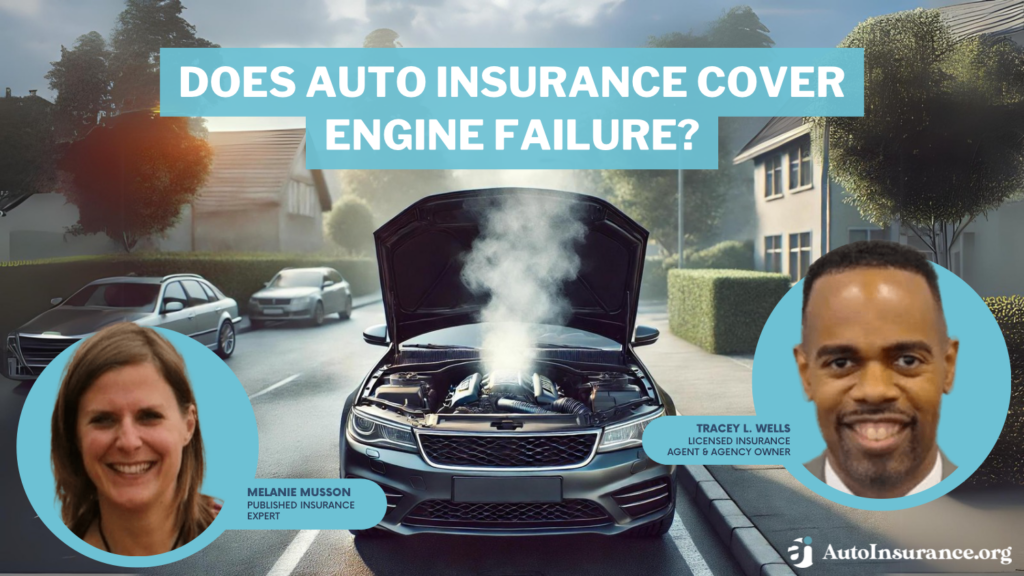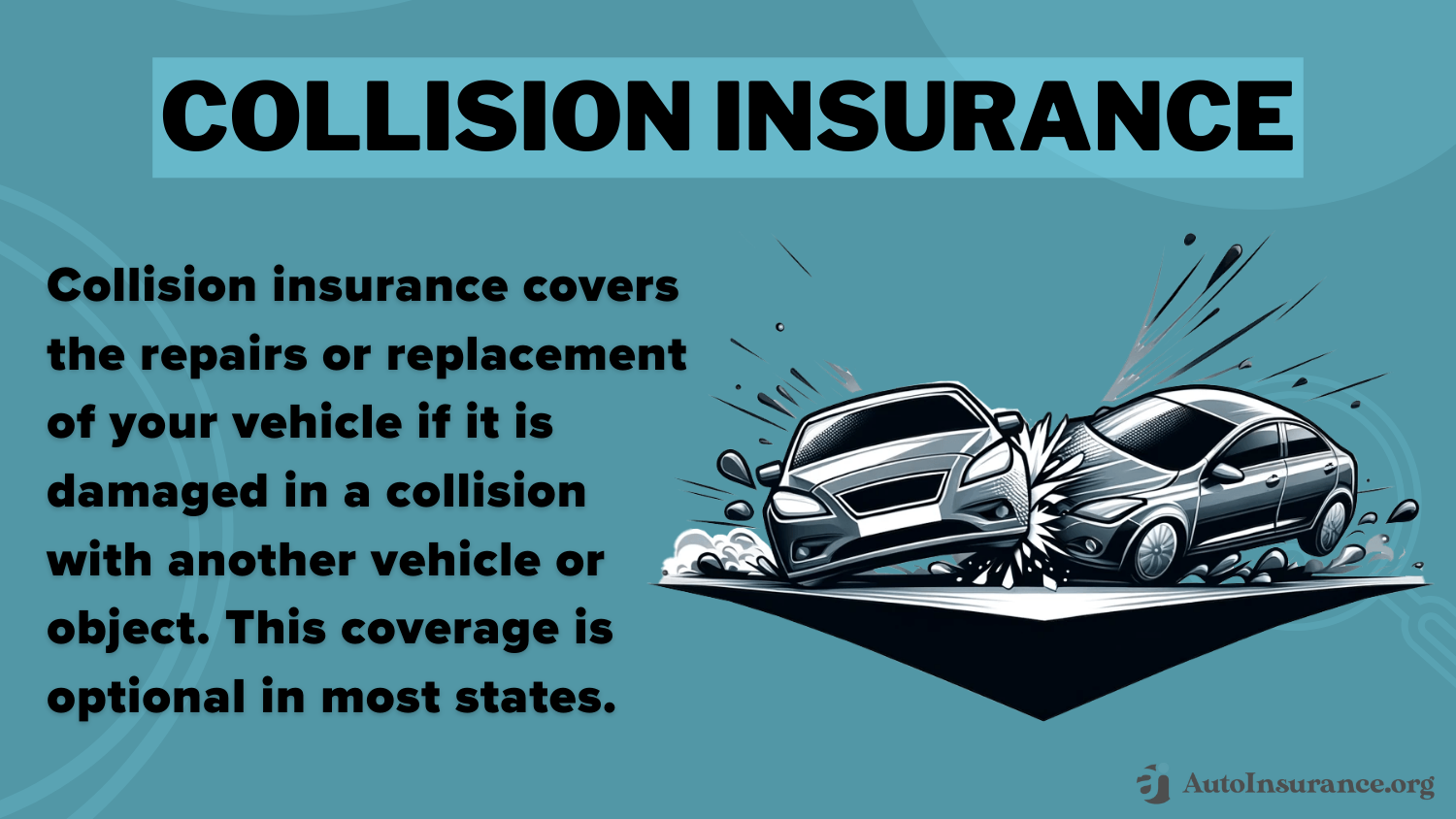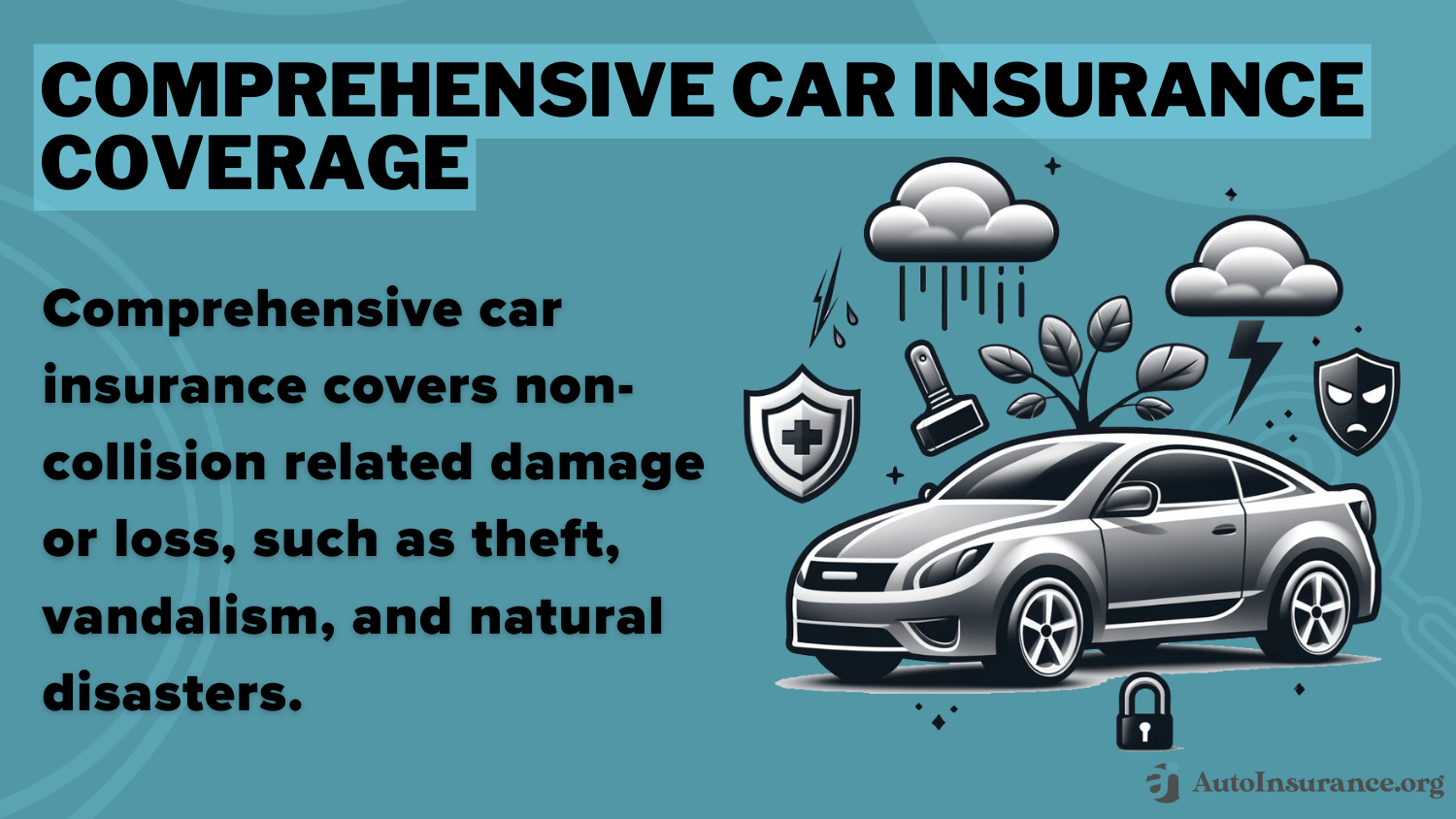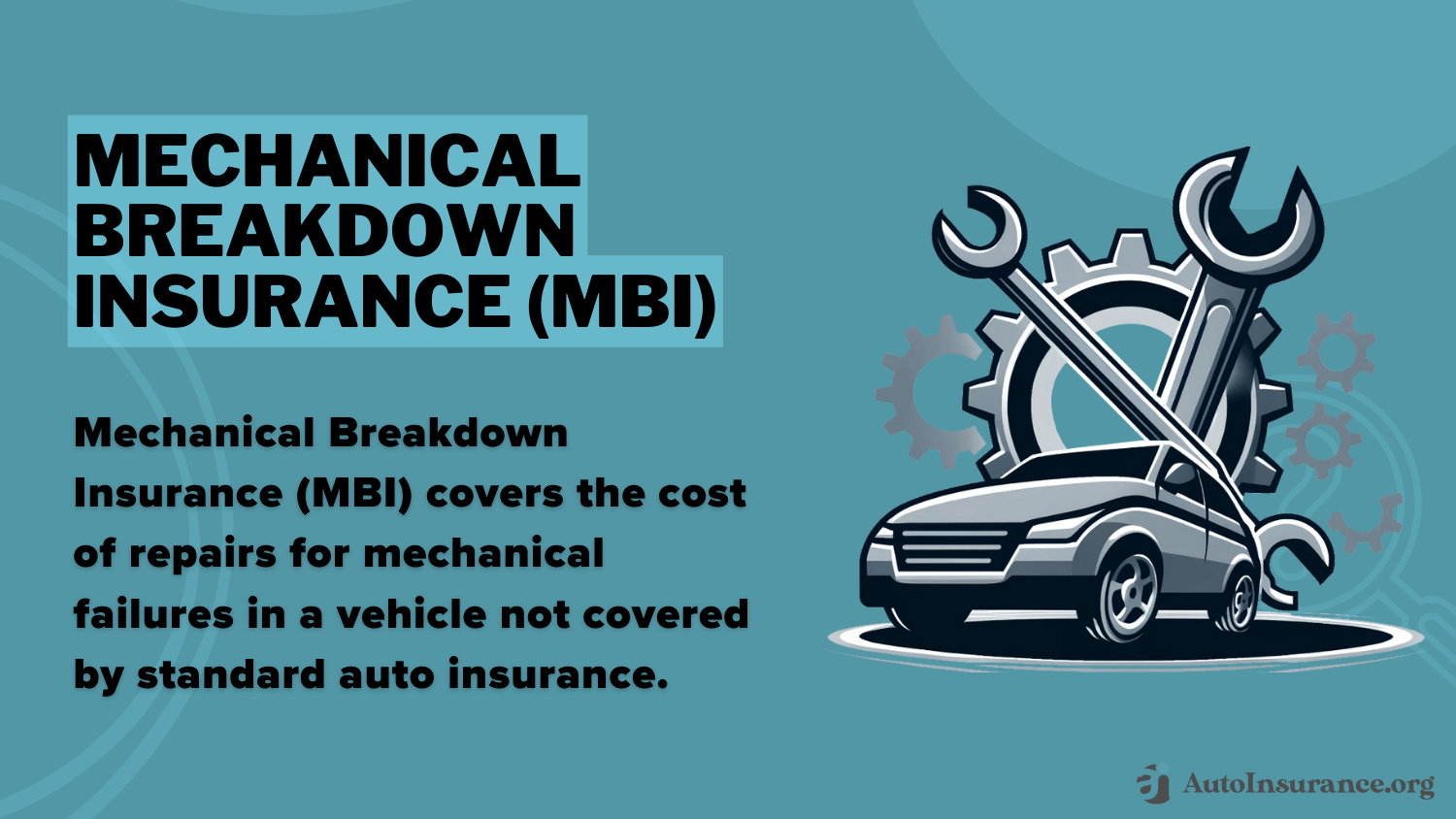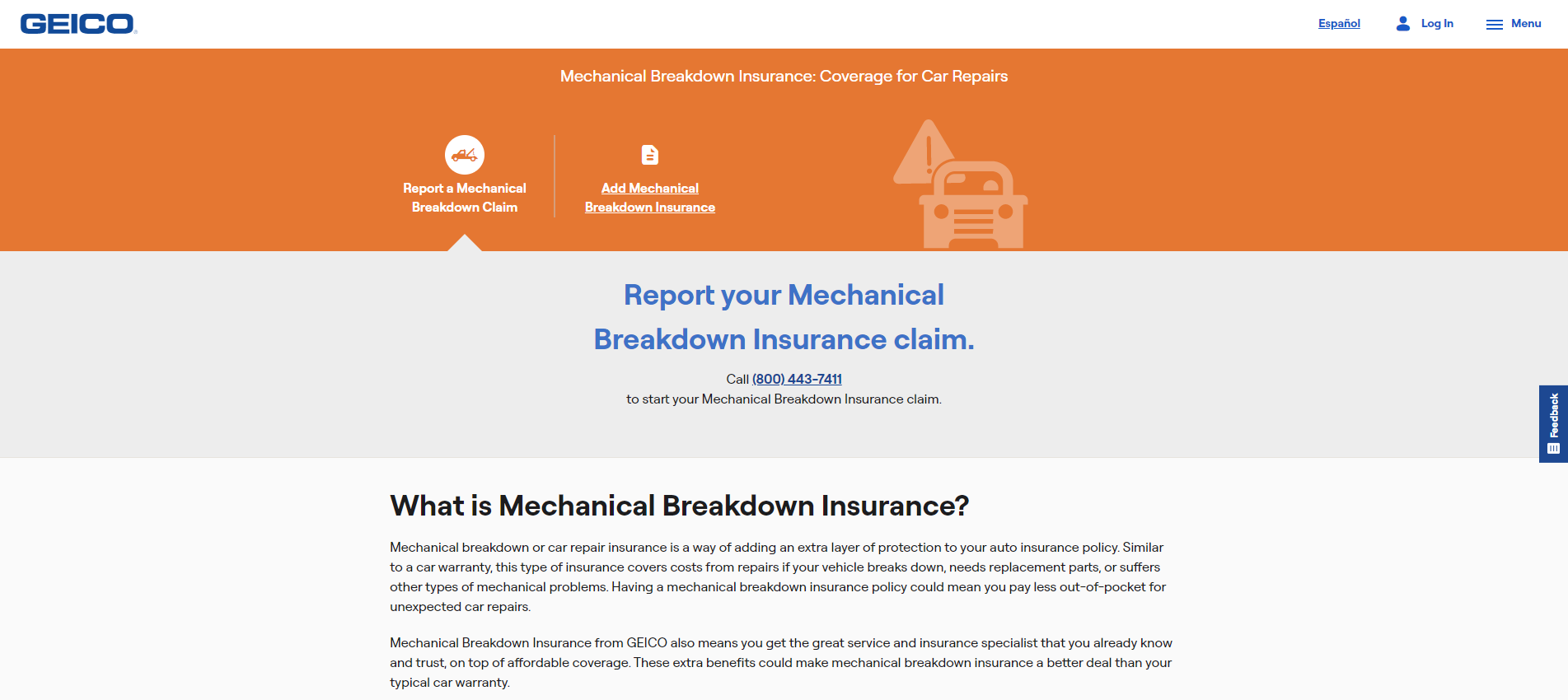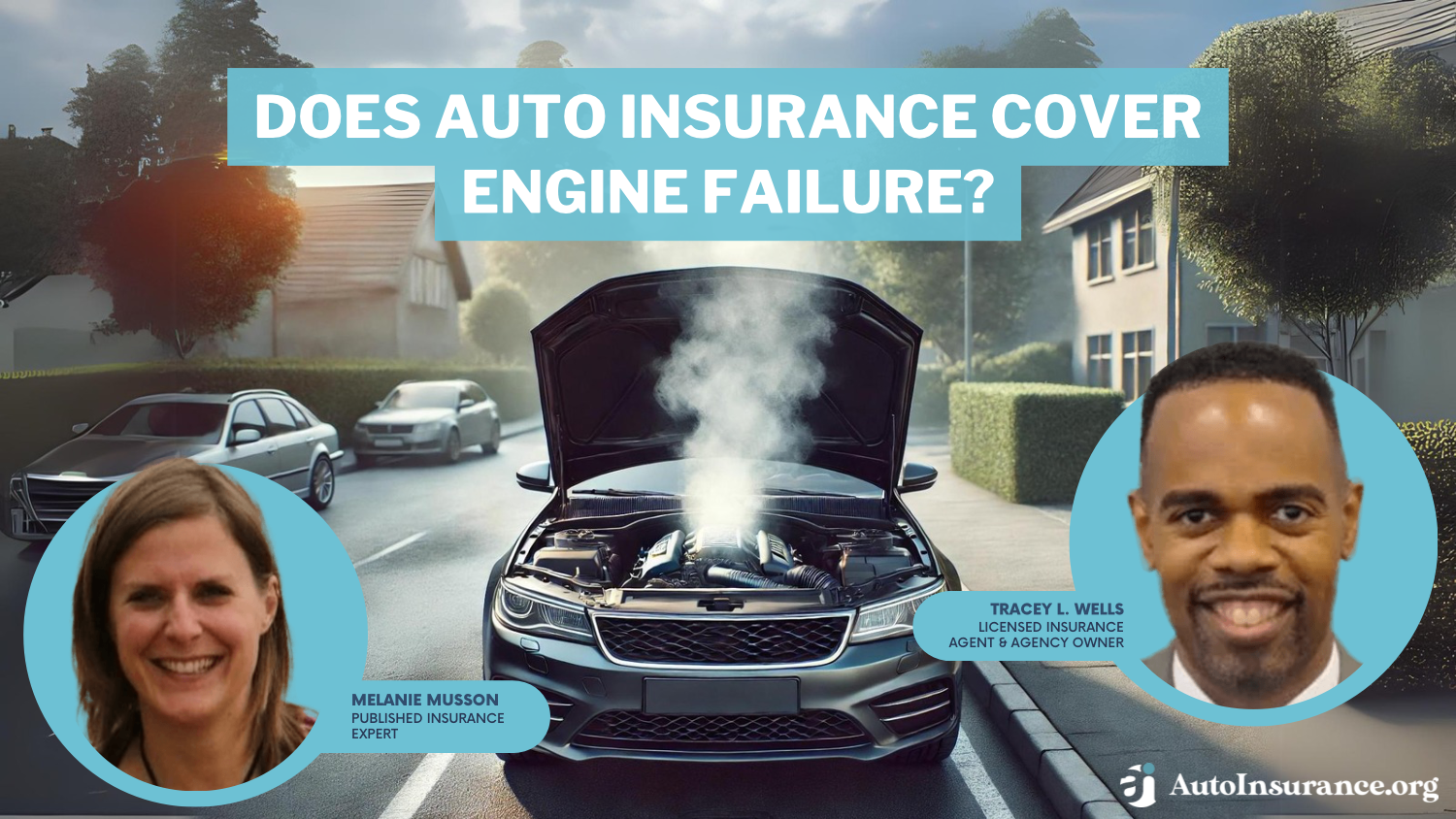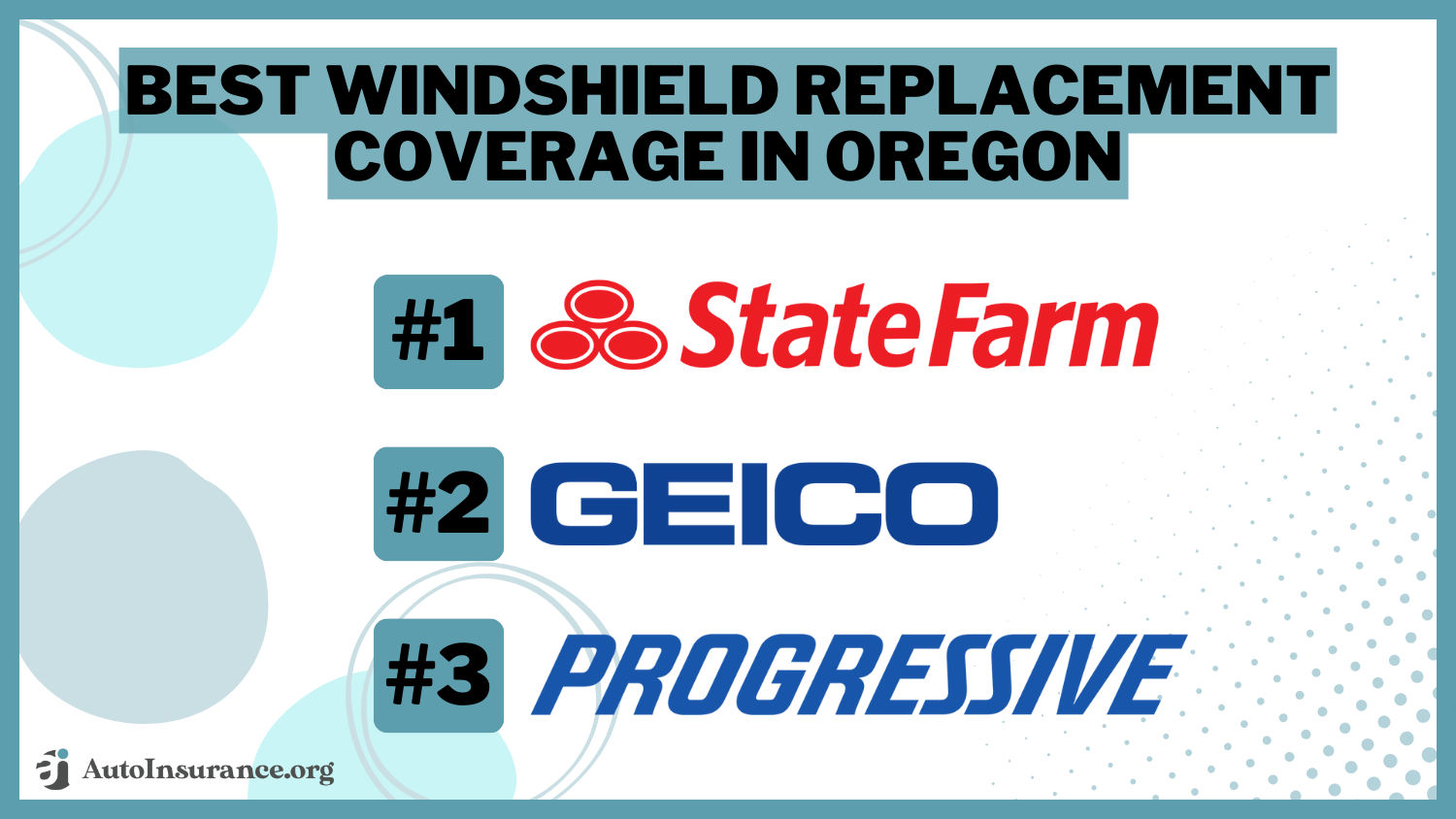How to Get Insurance to Cover Blown Motor
Does insurance cover engine replacement? If you have full coverage, you can file an engine seized insurance claim if it was directly caused by an accident or other situations described in your policy.
So, what insurance covers engine failure from a covered event? The basic types of coverage that may apply include:
- Collision coverage reimburses the cost of repairing or replacing your car after you’re involved in an accident.
- Comprehensive coverage applies to claims that are not a result of an accident, such as theft, vandalism, a broken windshield, weather events, and collisions with animals.
- Uninsured motorist coverage reimburses the cost of repairing your car if you were involved in an accident where an at-fault driver has no (or insufficient) insurance.
None of these coverages includes engine failure due to normal wear and tear or a mechanical problem.
Now that you know the answer to “Does insurance cover a broken engine?”, we’ll talk about how full coverage can help with your damaged engine.
Free Insurance Comparison
Compare Quotes From Top Companies and Save
Secured with SHA-256 Encryption
Full Coverage Insurance Covers Some Types of Engine Failure
Does full coverage cover engine damage? Even if you have full coverage, engine failure may not count as a covered loss. Instead, the problem must result from a covered incident, and you’ll need the right type of coverage.
Does car insurance cover engine failure under collision? Collision car insurance covers damages to your vehicle from a collision with another car or an inanimate object (a tree or a lamppost, for example). If an accident causes engine damage, your collision policy should cover the repair cost.
However, you might be required to prove that the engine failure was directly caused by the collision instead of a pre-existing mechanical issue.
Will insurance cover engine failure under comprehensive? Comprehensive auto insurance covers damages to a vehicle that is not a result of a driving accident, such as theft, falling objects, natural disasters, fire, or explosion. For example, if your engine was damaged by a branch falling on your car during a thunderstorm, it should be covered by comprehensive insurance.
When filing a comprehensive insurance claim for engine repair, you might need additional documentation, such as regular maintenance records or recent mechanic reports, to prove that the engine was sound before the accident.
Now that you know the answer to, “Does full coverage cover engine problems?” we’ll oveview how to protect your vehicle against engine issues.
How to Insure Your Vehicle Against Engine Damage
Looking for wear-and-tear insurance for engine failure? Even though none of the coverages we discussed will insure your car in case of engine failure that’s not the result of an accident or covered event, there are ways you can protect yourself against other engine repair costs:
- Manufacturer’s Warranty: If your vehicle is relatively new (usually no more than three to five years old or with less than 36,000 to 60,000 miles), the car manufacturer should cover the cost to repair or replace the engine in case of failure.
- Extended Warranty: The extended warranty, which is backed by the manufacturer, is usually something you can buy from the car dealership. These extended warranties can cost from $1,000 up to $3,000 or more, depending on the type of the vehicle.
- Mechanical Breakdown Insurance (MBI): Some insurance companies offer this type of optional coverage that will provide you with a similar level of protection as a warranty.
Extended warranties and MBI are similar, but each has advantages and disadvantages.
With an extended warranty, you will be covered for minor repairs. It’s available for almost all types of cars and usually has a lower deductible. However, the cost of coverage is higher than for MBI, and you’ll have to pay it upfront. You’ll also likely be restricted to using a mechanic that the dealer or warranty company approves.
In comparison, MBI is cheaper and payable in monthly installments. You also have the freedom to choose your mechanic. However, the deductible is often higher than an extended warranty, and it won’t cover minor repairs.
In addition, MBI is usually only available for new vehicles and renewable for up to seven years or 100,000 miles, whichever comes first. If you’re interested in MBI, shop around since not all insurance companies offer it.
More on Insurance and Engine Failure
Will insurance cover engine replacement? Car engine failures are only covered by insurance policies in the case of covered incidents. For example, your collision and comprehensive policy will cover damages caused by a driving accident or extensive losses but won’t reimburse engine repairs due to a mechanical breakdown.
Comprehensive coverage can protect your vehicle against #waterdamage caused by:
🌊 Flooding
☔️ Heavy rains
🌧 Hail
🏡 Blown-down tree branches See the full rundown here 👇#InsuranceQuestions #PGRAnswers
— Progressive (@progressive) November 30, 2021
You will need to turn to alternatives such as an extended warranty or mechanical breakdown insurance. Enter your ZIP code into our free quote tool below to instantly compare mechancial breakdown insurance rates from top companies.








